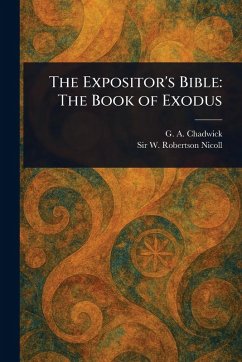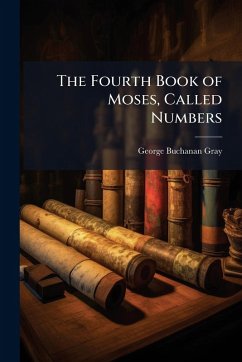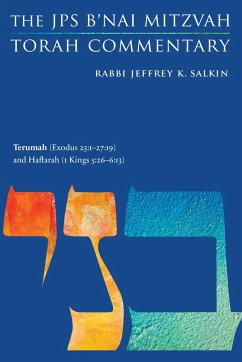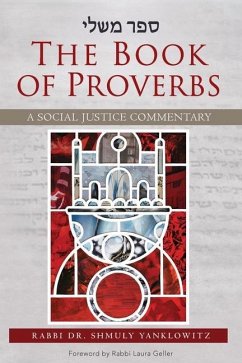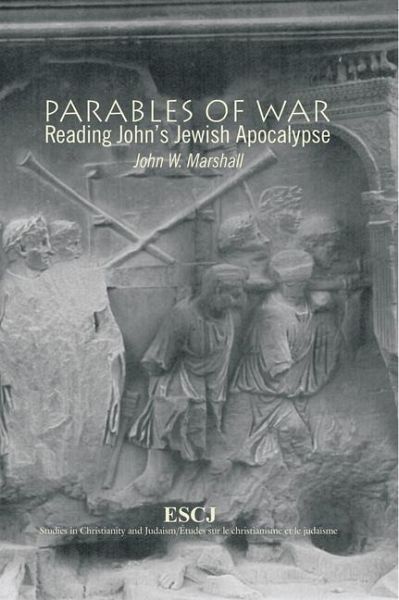
Parables of War
Reading John's Jewish Apocalypse
Versandkostenfrei!
Versandfertig in über 4 Wochen
48,99 €
inkl. MwSt.

PAYBACK Punkte
24 °P sammeln!
What makes the Book of Revelation so hard to understand? How does the Book of Revelation fit into Judaism and the beginning of Christianity? John W. Marshall proposes a radical reinterpretation of the Book of Revelation of John, viewing it as a document of the Jewish diaspora during the Judean War. He contends that categorizing the Book as ""Christian"" has been an impediment in interpreting the Apocalypse. By suspending that category, solutions to several persistent problems in contemporary exegesis of the Apocalypse are facilitated. The author thus undertakes a rereading of the Book of Revel...
What makes the Book of Revelation so hard to understand? How does the Book of Revelation fit into Judaism and the beginning of Christianity? John W. Marshall proposes a radical reinterpretation of the Book of Revelation of John, viewing it as a document of the Jewish diaspora during the Judean War. He contends that categorizing the Book as ""Christian"" has been an impediment in interpreting the Apocalypse. By suspending that category, solutions to several persistent problems in contemporary exegesis of the Apocalypse are facilitated. The author thus undertakes a rereading of the Book of Revelation that does not merely enumerate elements of a Jewish ""background"" but understands the Book of Revelation as an integral whole and a thoroughly Jewish text. Marshall carefully scrutinizes the problems that plague contemporary interpretations of the Book of Revelation, and how the category of ""Christian"" relates to such problems. He employs the works of Mieke Bal, Roland Barthes, Jacques Derrida, Jean Fran‡ois Lyotard, and Jonathan Z. Smith as theoretical resources. In the second half of his study, he provides detailed descriptions of the social and cultural context of the diaspora during the Judean War, and constructive rereadings of four key text complexes. The result is a portrait of the Apocalypse of John that envisions the document as deeply invested in the Judaism of its time, pursuing rhetorical objectives that are not defined by the issues that scholars use to differentiate Judaism from Christianity.



![Analysis of the Book of Genesis With Notes [&c.] Cover Analysis of the Book of Genesis With Notes [&c.]](https://bilder.buecher.de/produkte/74/74858/74858998n.jpg)



